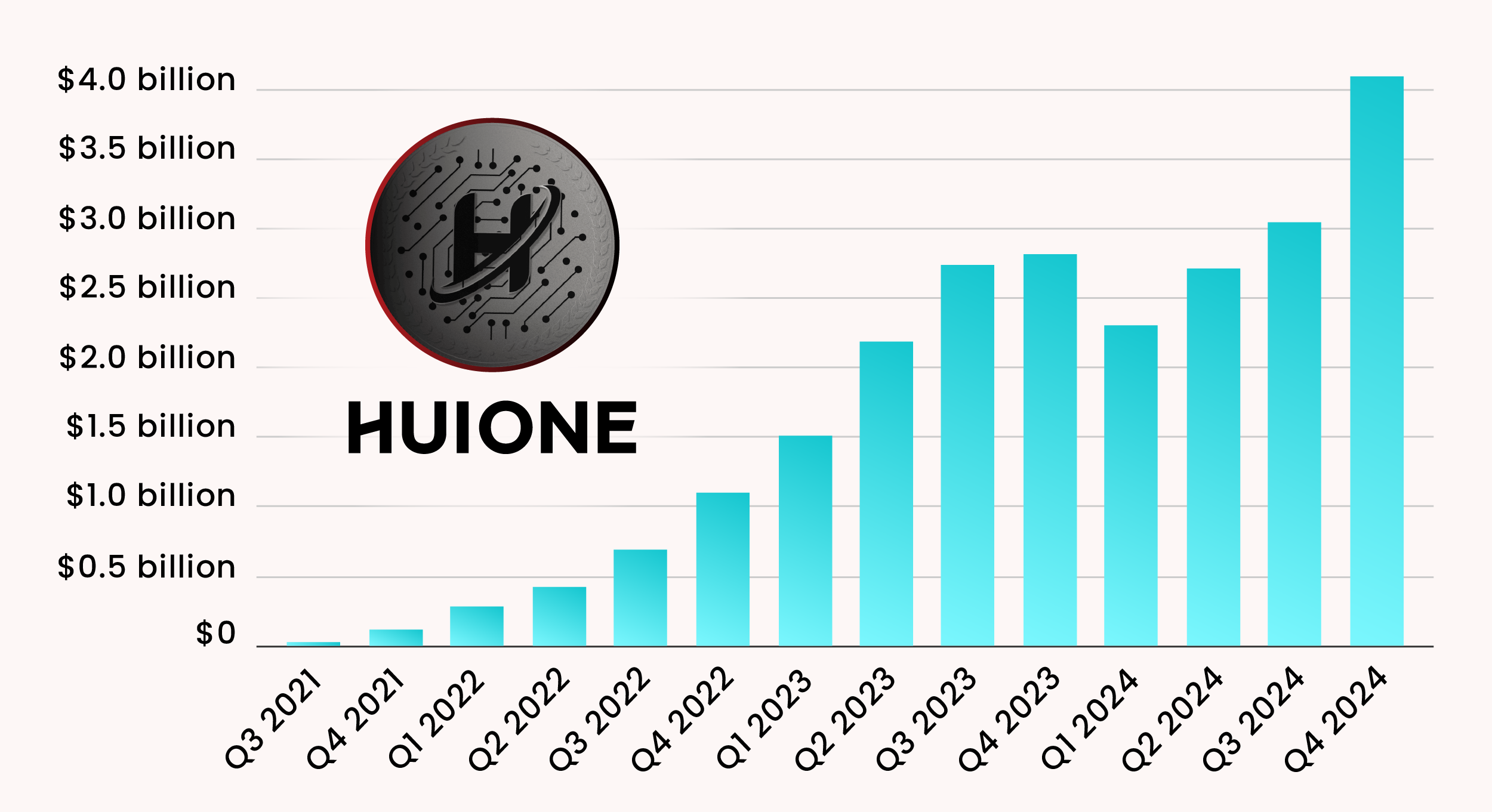Bit Bang SPI with Ruby+YJIT
In my previous post, I tested Ruby+YJIT against C, doing bit-bang I2C in the lgpio gem. The results convinced me to just do bit-bang SPI in Ruby.
Testing YJIT vs. plain Ruby for this is trivial, but can I compare against C, without actually writing a C implementation? SPI is almost the same as I2C for the purpose of my OLED benchmark. Could I use the I2C results somehow? We’ll get to that, but first…
Since the last post, I made an optimization to I2C: save the SDA pin state, and only call the C API when it needs to change, so fewer calls overall.
For fairness, I did this for both implementations, and changed the C and Ruby benchmarks to use a pattern of lines. This makes it so approximately half the time SDA needs to change, and the other half, it stays. It looks like this now:
Everything is faster. Ruby+YJIT as a percentage of C is about the same. YJIT is doing more vs. plain Ruby, maybe because it’s constantly using the saved SDA state. I put this data pin optimization into bit-bang SPI from the start too, so it’s an even playing field.









/cdn.vox-cdn.com/uploads/chorus_asset/file/25831586/STKB310_REDNOTE_XIAOHONGSHU_B.jpg)









